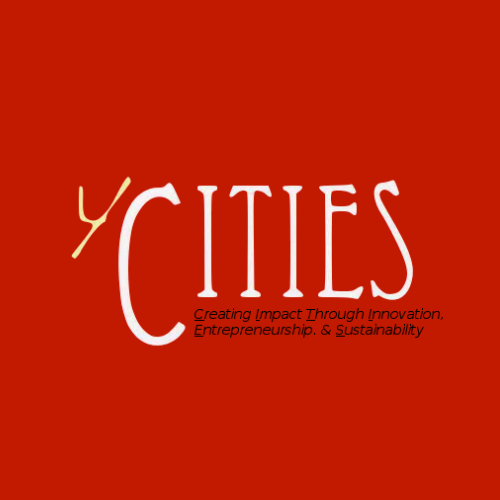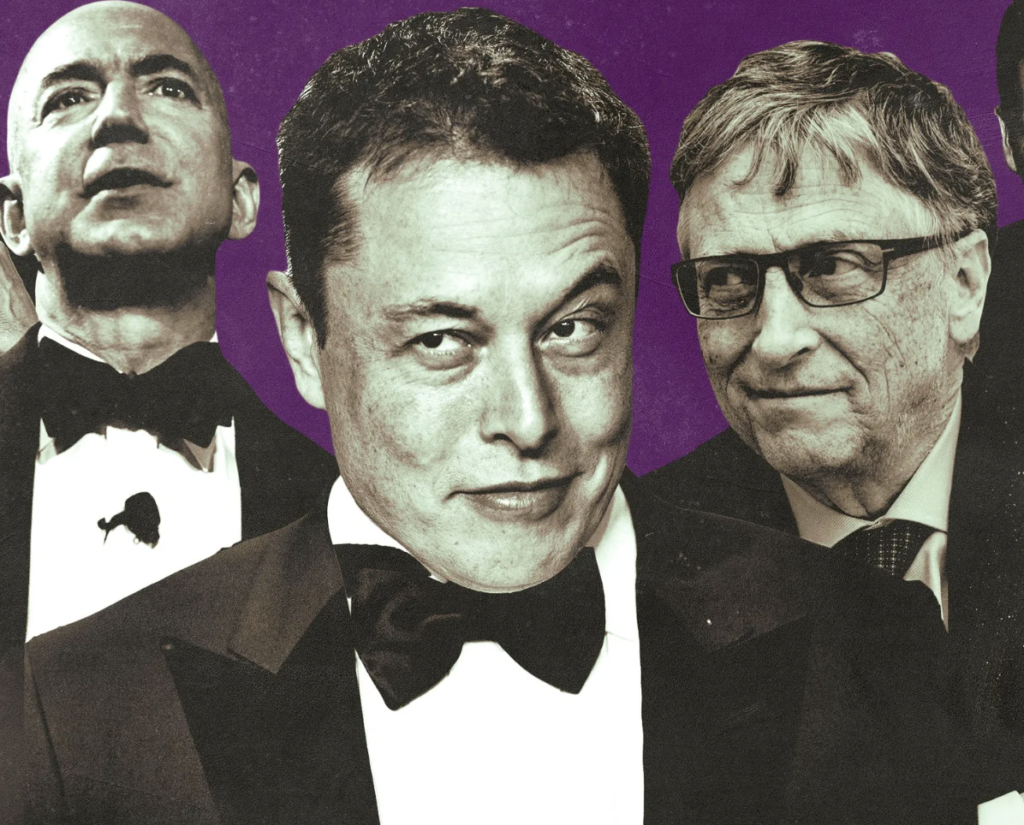When I was younger, I used to look up to entrepreneurs such as Jeff Bezos and Elon Musk. In retrospect, I had this naivete believing that anyone … no matter what age, gender, socioeconomic background, or whatever … could obtain their same positions. As a sociology major, I learn about how inequalities in the distant past are still incredibly prevalent today. In fact, a lot of the “tech gods” that we worship built their legacy off of such inequalities.
The single narrative of anyone being able to be in the positions of Musk and Bezos ignores the structural advantages and concentrated affluence that they have. Financially speaking, Musk’s parents profited off of apartied. Zuckerberg’s family was the first investor in Facebook. They act as if each person is made the same, despite their different upbringings. According to Marwick’s “Silicon Valley Isn’t a Meritocracy. And It’s Dangerous to Hero-Worship Entrepreneurs”, “to forge the type of social connections necessary to move into the upper echelons of the tech scene requires being able to take part in group activities, travel to conferences, and work on personal projects. This requires middle- to upper-class wealth, which filters out most people” (Marwick, 2013).
A start to sewing the gap of inequality is through investing into programs that strive to help students of a range of economic backgrounds, meeting them where they are at, and planting the seeds of security and help to grow them into the leaders who pull their families out of generational inequality; and can bear better fruit for themselves and those who come after them.
Megan Balani
The image of the entrepreneur mirrors the same thing as a privileged white man. As she says, how we invest in entrepreneurs “reconfigures power; it entrenches it. It provides justification for enormous gaps between rich and poor, for huge differences between average people and highly sought-after engineers” (Marwick, 2013). Even though there are patterns of white entrepreneurs receiving the spotlight, such as Zuckerberg and Gates, the combination of cumulative advantage and meritocracy creates a race-blind, color-blind, gender-blind, economically-blind, and resources-blind belief which will continue to blame the individual for their shortcomings instead of the institutions that are restricting their ability.
Overall, I think it is critical for the hoi polloi to recognize the inconsistency between the singular narrative we are fed and the reality. A start to sewing the gap of inequality is through investing into programs that strive to help students of a range of economic backgrounds, meeting them where they are at, and planting the seeds of security and help to grow them into the leaders who pull their families out of generational inequality; and can bear better fruit for themselves and those who come after them. That is what yCITIES is to me.
This article was featured in our May 2022 newsletter. Want to submit something? We’d love to hear your experiences with or thoughts on the world of entrepreneurship or innovation. Email Joanna at outreach@youthcities.org to be featured!
To join our newsletter, please email Vicky Wu Davis at vicky@youthcities.org.

